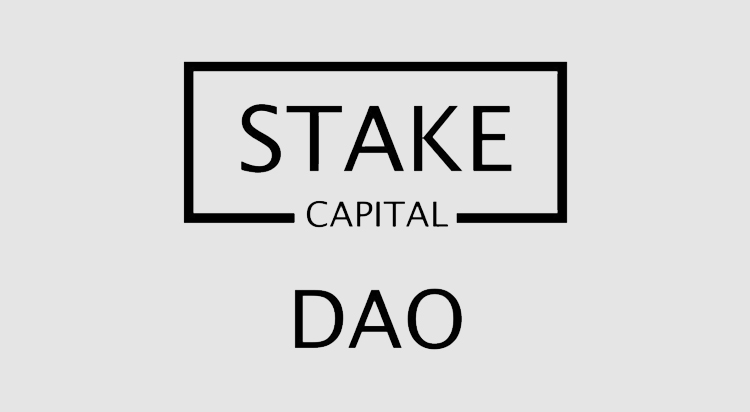Stake Capital, a blockchain company providing staking and DeFi services, has announced the launch of Stake DAO, a revenue-sharing DAO for its DeFi services, enabling DAO token holders to continuously receive staking rewards.
The new Stake DAO launch will allow anyone to claim income earned from Stake Capital’s service fees through regularly distributed rewards. Stake Capital is aiming to further decentralize its services to the wider crypto community by letting users become DAO members, sharing in profits as well as key platform decisions.
“At Stake Capital, we provide financial instruments designed to maximize returns on this new asset class. Staking pools are formed with delegators sharing revenue, locking assets for a fixed period of time; nominators are then able to collect rewards as a passive investment. Our mission is to open up these financial opportunities in a permissionless fashion, embracing the ecosystem’s core values.”
– The Stake Capital Team
Stake DAO will distribute value generated by its DeFi services to stakeholders via the Stake Capital Token (SCT):
- Stakeholders provide collateral on one (or more) Stake Capital DeFi services. Collaterals include Ethereum (coming soon), Tezos, Loom Network, Synthetix pools, Livepeer, Cosmos Network, Kusama, Polkadot and more.
- After a set cycle duration, SCT tokens are disbursed to all delegators, proportionally to the fees they generated for Stake Capital, no action required. The staking yield will be disbursed as usual in the same staked cryptocurrency. The cycle duration depends on the staking asset, as each token has a specific crypto-economic mechanism.
- SCT holders can then stake their earned SCT to receive DAO fees staking rewards on the Stake Capital website. Just like traditional stocks’ shareholders, SCT stakers will share revenue collected by the DAO on a regular basis.
SCT tokens have a fixed supply; they will be distributed at a continually diminishing rate, incentivizing early staking delegators. Moreover, holders will be granted pro-rata governance rights over the DAO, letting holders vote on issues such as adding a new service, changing the token disbursement rate or yield cycle duration amongst others.






















